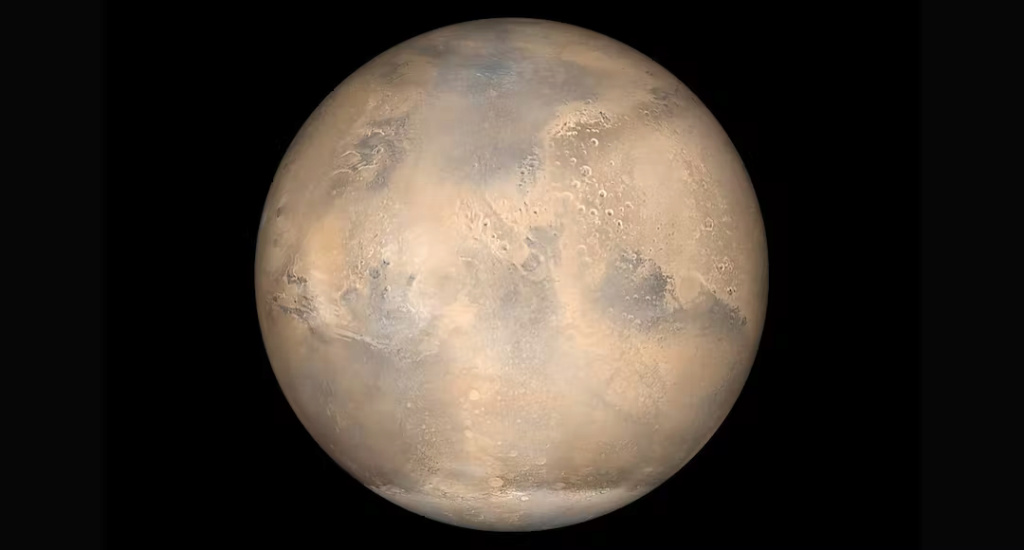Space, dream territory

Something is happening above our heads, and it has nothing to do with any divine presence. As this century has entered its second decade, humanity seems to have returned to a dream put on hold for years: space exploration.
Fifty years after the last Apollo mission, the Americans announce their return to the Moon by 2025 . The Chinese are not left out, who are aiming for a potential moon landing in 2030 . Mars is on everyone's mind: it is certain that man will one day set foot on the red planet. Before, who knows, to go even further. The James Webb Telescope this year delivered incredible images of these inaccessible constellations that may one day be, thanks to technology. The feats already achieved by an armada of scientists and a few intrepid travelers have demonstrated that nothing is impossible for man, provided he has the desire.
When I was a child, the Soviet space program was a breath of fresh air. The only spark of hope in an obstructed daily life. More than a source of national pride, it was a source of endless fascination. The feat of sending a man into space was beyond the scope of the regime and its propaganda. All the little Soviets dreamed in front of Gagarin as we go into ecstasies today in front of footballers. Suffice to say that the renewed interest in space shown by the news can only please me.
Against space haters
As always with great achievements of human genius, this resurgence is not without criticism. The dream is engulfed in painful, Malthusian and ultimately ridiculous considerations. We focus on the billionaires who took part in the space race alongside state actors. Space tourism is shocking. Fine minds nourished by egalitarianism find it scandalous that an individual should spend hundreds of thousands of dollars to spend five minutes in weightlessness. So what ? If this makes it possible to finance the investments necessary to go to Mars. The capsule doesn't matter, as long as you're drunk!
Beyond these angry words, it is the very principle of exploration that seems to me shrouded in mistrust. Should we see in this the mark of post-colonial guilt? As his “discovery” resulted in dramatic consequences for the local populations, Christopher Columbus is now considered a genocidaire by part of the public. Such are the critics in a stagnant world, obsessed with preserving and correcting the injustices of history. A Rift Monkey warned of the dangers that his gesture would run on the balance of the world would never have come down from his tree.
Another reproach which has the gift of annoying me: what is the point of going into space? Wouldn't the sums “gobbled up” in space exploration be put to better use here below? For example to fight against climate change? This is forgetting one point: modern science progresses through massive investment in projects whose applications then spill over into other fields. NASA has done a lot for the development of computing. Without this, Silicon Valley would probably never have known such a boom.
A dream just waiting to be reactivated
Who is able to predict the fallout from the announced missions? Not to mention that by criss-crossing the galaxy, we are not immune to discovering there an extraordinary ore or means of solving certain problems that humanity is facing. And what about the possibility of finding clues to the biggest questions asked by man since the dawn of time: where do we come from? Does life exist elsewhere than on Earth? The answer interests me all the more because if so, it would undermine the religious texts which advocate an exclusive link between the inhabitants of the Earth and the big bearded all-powerful supposed to watch up there above of our heads.
I have spoken of the lukewarm and the critics, but fortunately there are the others. The vast majority of humans ready to be enthusiastic about the new exploits of the sky discoverers. Several recent cultural productions testify to an intact passion for the subject. I'm thinking of the excellent For All Mankind series , which I echoed recently . I'm also thinking of three films that have treated man's adventures in space with a certain realism: the vintage First Man , the dark Ad Astra and the spectacular Interstellar .
The latter seems to me to best translate the excitement caused by what must be called the conquest of space. On a land on the verge of extinction, the heroes of the film are the last hope of finding a planet capable of hosting life. Under-prepared, equipped with modest means, they launched themselves into the unknown like the Portuguese and Spanish galleons had launched an assault on the Atlantic. The heroes doubt, they are afraid, they know they are sacrificing their lives for a possible mirage, but nothing stops them. Because they haven't stopped dreaming. Because it is human nature to always push the limits of what is possible.
Source: websites

